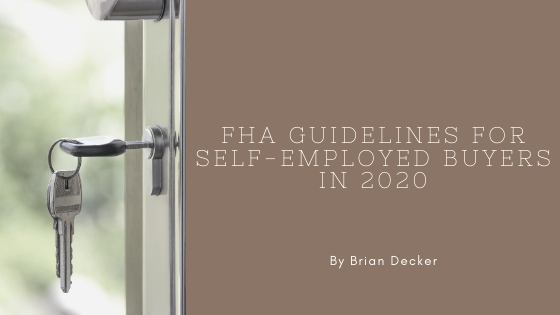When you are self-employed, securing a mortgage or home loan can be challenging. Without the typical documentation of your income, some lenders may not be willing to loan you the funds necessary to purchase a home. Fortunately, there are non-traditional mortgages you can consider, and when it comes to applying for a Federal Housing Administration (FHA) loan, self-employed individuals should be aware of the guidelines that have been set in place.
Credit Score
Acquiring most loans requires a credit check to ensure the homebuyer can be trusted to repay the loan. When applying for an FHA loan, most lenders will expect a credit score of at least 500. A higher credit score is always better, so working to increase your score over time will be beneficial. Managing your existing debt, strategically opening lines of credit, and carefully making purchases can contribute to a higher credit score which, in turn, can increase your chances of securing an FHA loan.
Sufficient Down Payment
Most home loans require a down payment, and when you’re self-employed, the down payment becomes even more important. Because there is more risk involved with individuals who are self-employed, lenders often require a larger down payment for such loans. Those with a credit score under 580 can expect to be required to provide a larger down payment of at least 10% in order to secure an FHA loan.
Document Preparation
To qualify for an FHA loan in 2020, you will need documented proof of the following information:
- How long you have been self-employed
- Your income history and stability
Qualifying for an FHA loan requires self-employed individuals to possess ownership of their business for at least two years prior to application, and proving this tends to require a letter from your CPA as well as your business license.
FHA Property Requirements
Obtaining an FHA loan for a property requires the property in question to be the loan recipient’s primary residence. In other words, you cannot get an FHA loan for a commercial property or any other structure that you do not plan to live in. In addition to this requirement, properties must meet certain standards set by the FHA. These include restrictions on flip and investment properties, which are not qualified for an FHA loan. The FHA also requires one borrower to occupy the property within 60 days of the sale closing, and the loan applicant must take the title of the property in his or her own name, the only exception being if the title is made in the name of a living trust at settlement.

